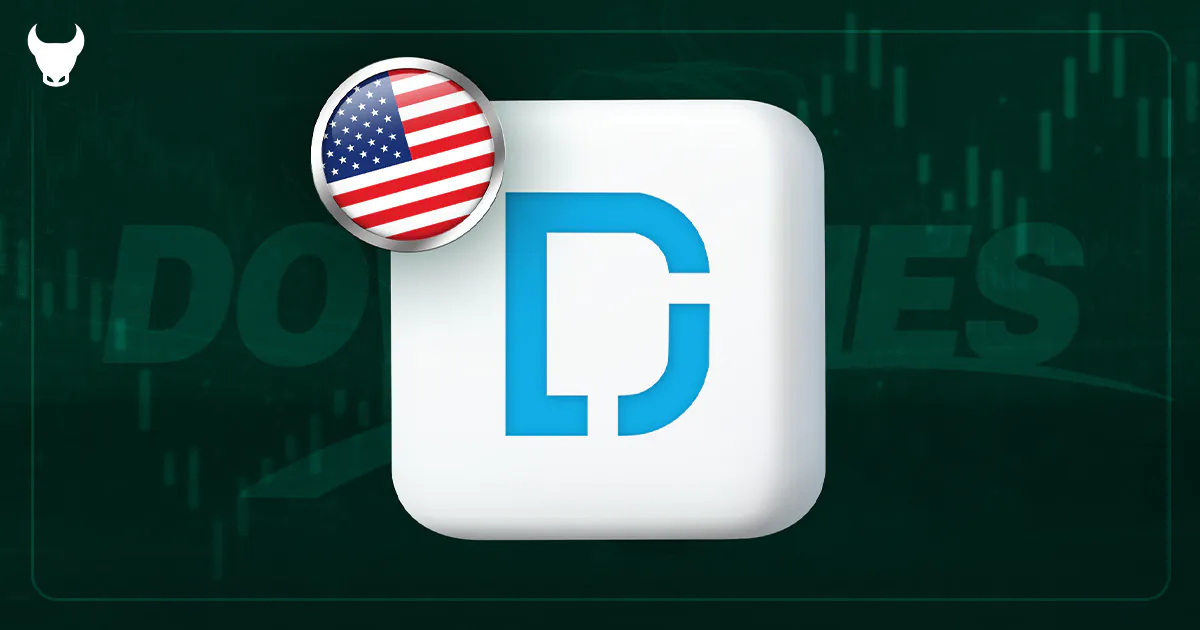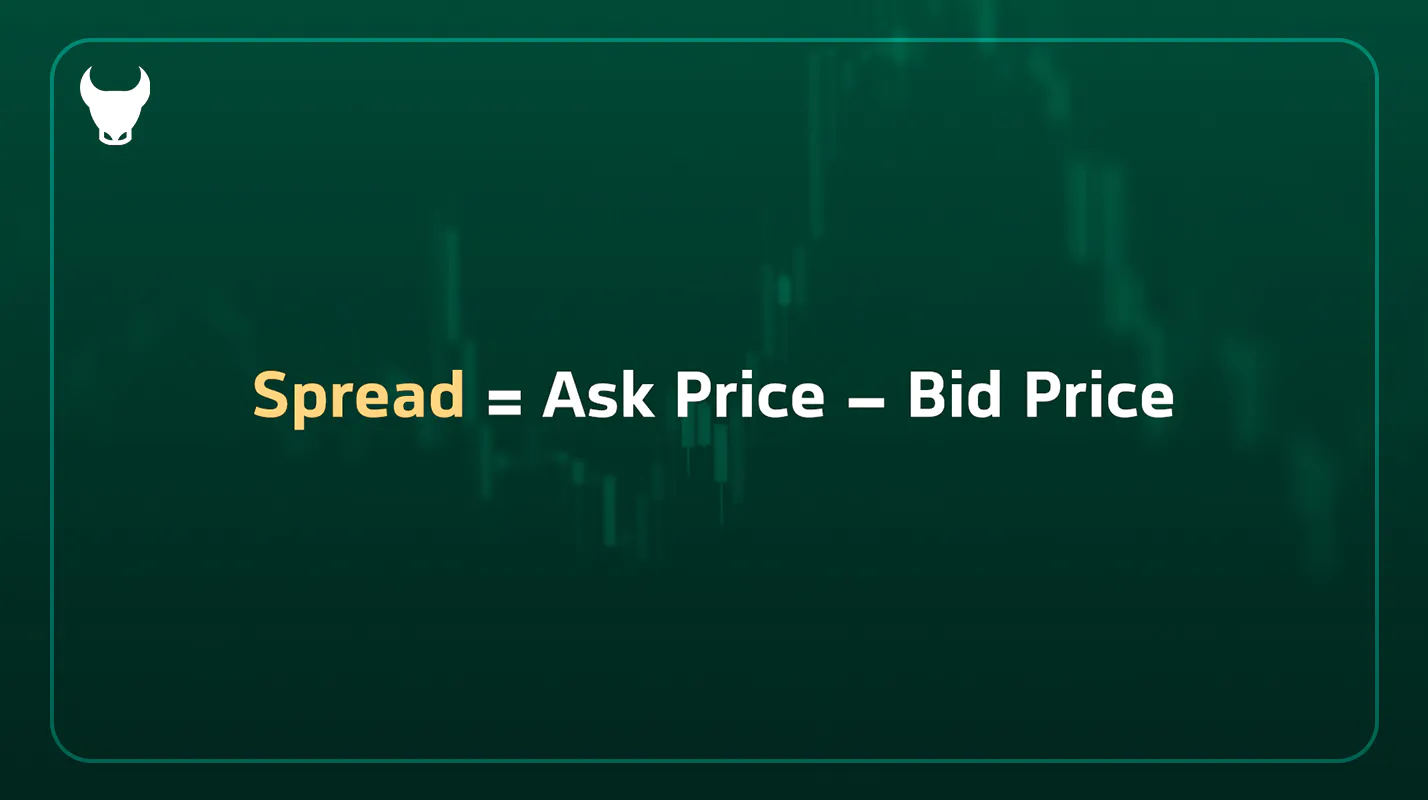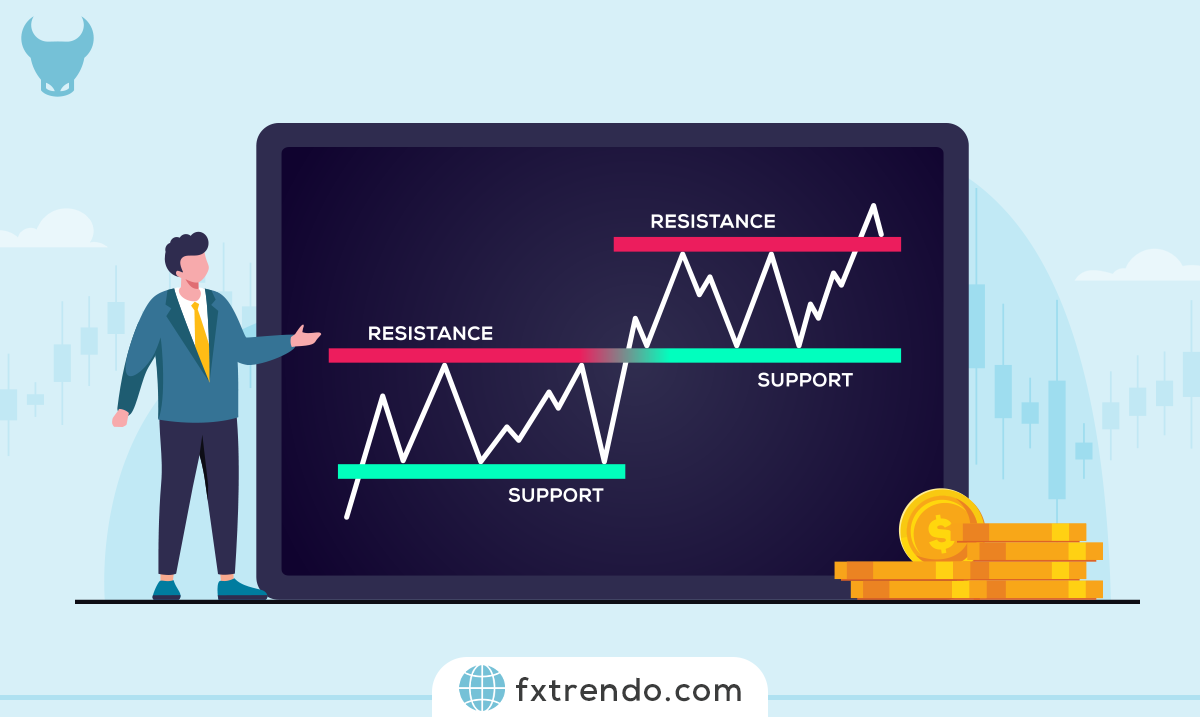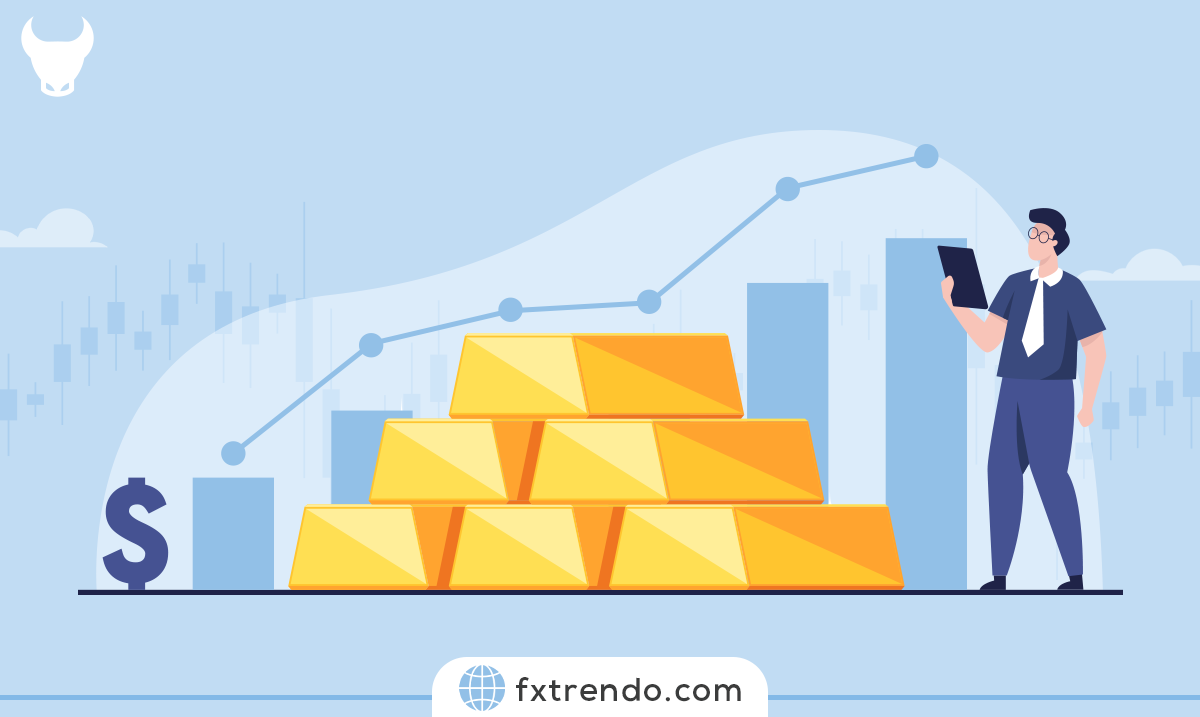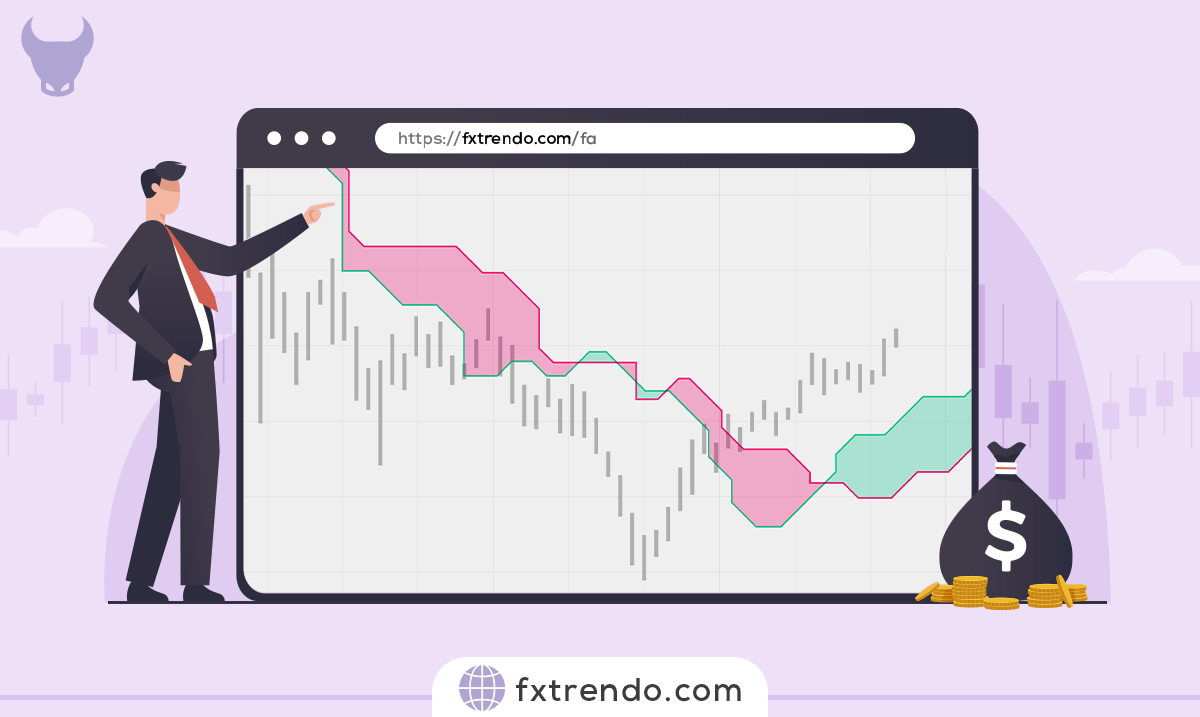The Dow Jones Index (US30), one of the oldest and most influential stock market indices in the world, has always been at the center of attention for both retail traders and institutional investors.
However, profitability in Dow Jones trading is not limited to predicting price direction—it also depends on effective management of trading costs. In this article, we will first explain the nature of the Dow Jones spread and the method of accurately calculating it. Then, we’ll discuss the key factors influencing the Dow Jones spread. Finally, by introducing Trendo Broker, which offers the lowest Dow Jones spread, we’ll show you how to minimize your trading costs and stay one step ahead of other traders—especially in scalping or short-term trading.
What Is the Dow Jones Spread?
To define the Dow Jones spread, it is first necessary to understand the Dow Jones Index itself. The Dow Jones Industrial Average (DJIA) is one of the most famous stock market indices in the world, representing the performance of 30 major and reputable U.S. companies. This index, often abbreviated as DJIA, calculates the price-weighted average of these companies’ stocks and serves as a key indicator of the U.S. stock market and overall economy.
The Dow Jones Index is usually displayed by brokers under one of the following symbols:
-
US30
-
US30USD
-
DJI
-
DOW JONES
-
Wst30
-
YM
-
DOWUSD
The Dow Jones spread refers to the difference between the Ask price (sell quote) and the Bid price (buy quote) of this index in the market. This price difference represents the transaction cost that traders must pay to the broker. The Dow Jones spread is usually measured in pips, and its amount depends on market conditions, trading volume, news events, and account type. In general, the lower the spread, the lower the trading cost and the higher the potential profitability.
How to Calculate the Dow Jones Spread
To calculate the Dow Jones spread, simply subtract the Bid price from the Ask price, as shown below:
For example, if the Ask price of Dow Jones is 38,403 and the Bid price is 38,400, the spread equals 3 points (or 3 pips).
Nowadays, most trading platforms — including the Trendo Trading Platform — display this difference in real time, eliminating the need for manual calculation.
Download the Trendo Trading Platform
Types of Spreads in Dow Jones Trading
When trading CFDs with a broker, there are mainly two types of spreads:
-
Fixed Spread (Fixed Spread)
-
The spread remains the same under all market conditions.
-
Suitable for traders who value predictable trading costs.
-
Although market volatility does not affect it much, the fixed spread is usually higher than the floating spread.
-
-
Floating Spread (Floating Spread)
-
The spread varies depending on market conditions and volatility.
-
Under normal conditions, it is lower than the fixed spread.
-
However, during periods of high volatility (such as major economic news releases), it may increase significantly.
-
Factors Affecting the Dow Jones Spread
The Dow Jones spread depends on several factors that may change in real time. Understanding these factors is essential for traders to control their trading costs and achieve better profitability.
The key factors include:
-
Market Volatility
When the market experiences volatility due to major economic news, political events, or geopolitical crises, spreads generally widen because of increased risk.
Conversely, during calm market conditions with balanced trading volume, spreads tend to narrow. -
Liquidity
Generally, when trading volume is high and demand for Dow Jones increases (usually during the New York trading session), spreads reach their lowest levels.
In contrast, during low-liquidity periods with lower trading volume, spreads widen, as there are fewer orders in the market. -
Trading Hours
During peak hours, especially when the New York and London sessions overlap, spreads are usually lower.
Late at night or during low-volume hours, spreads tend to increase. -
Broker Type
ECN and STP brokers usually offer lower, floating spreads, while Market Maker brokers, due to their internal structure, tend to offer higher spreads. -
Economic News and Data Releases
The release of major economic data such as U.S. employment reports (NFP), Federal Reserve interest rate decisions, or corporate earnings reports can increase spreads, as liquidity decreases and risk rises.
Moreover, central bank policies, interest rate changes, economic conditions, wars, and geopolitical tensions directly impact the Dow Jones spread, since they influence market volume and trader behavior.
Ultimately, the Dow Jones spread is the result of a combination of market conditions, broker model, and account type.
Professional traders should always monitor these factors to optimize trading costs.
To choose the best broker with the lowest Dow Jones spread, consider the following:
-
Compare spreads among top brokers during different market hours
-
Choose ECN accounts with transparent trading conditions
-
Review the broker’s credibility and regulatory background
-
Test the trading platform to observe spreads under various market conditions
-
Check deposit and withdrawal options
-
Evaluate the quality of customer support
Forex Broker with the Lowest Dow Jones Spread
When comparing trading costs and spreads on the Dow Jones (US30), Trendo Broker is one of the best options, offering competitive conditions and low-cost trading through its proprietary platform. For the Dow Jones symbol, Trendo provides floating spreads. Although the spread varies depending on market conditions and liquidity, Trendo’s spreads remain among the lowest in the market. The average Dow Jones spread in Trendo trading accounts is about 1 pip, displayed instantly in the Trendo platform so that traders can view and assess it before executing any trade.
Register with Trendo Broker and trade Dow Jones with the lowest spreads and commissions
Final Thoughts
In conclusion, trading the Dow Jones Index offers a valuable opportunity to profit in the financial markets. However, success is not solely based on market analysis — managing trading costs, particularly spreads, plays a crucial role in improving profitability. By choosing a reliable broker such as Trendo, which offers low and competitive spreads, and by considering factors such as market volatility, liquidity, and trading hours, you can minimize trading expenses and increase your chances of success in Dow Jones trading.
Download the Trendo Trading Platform and receive a $100 free bonus
